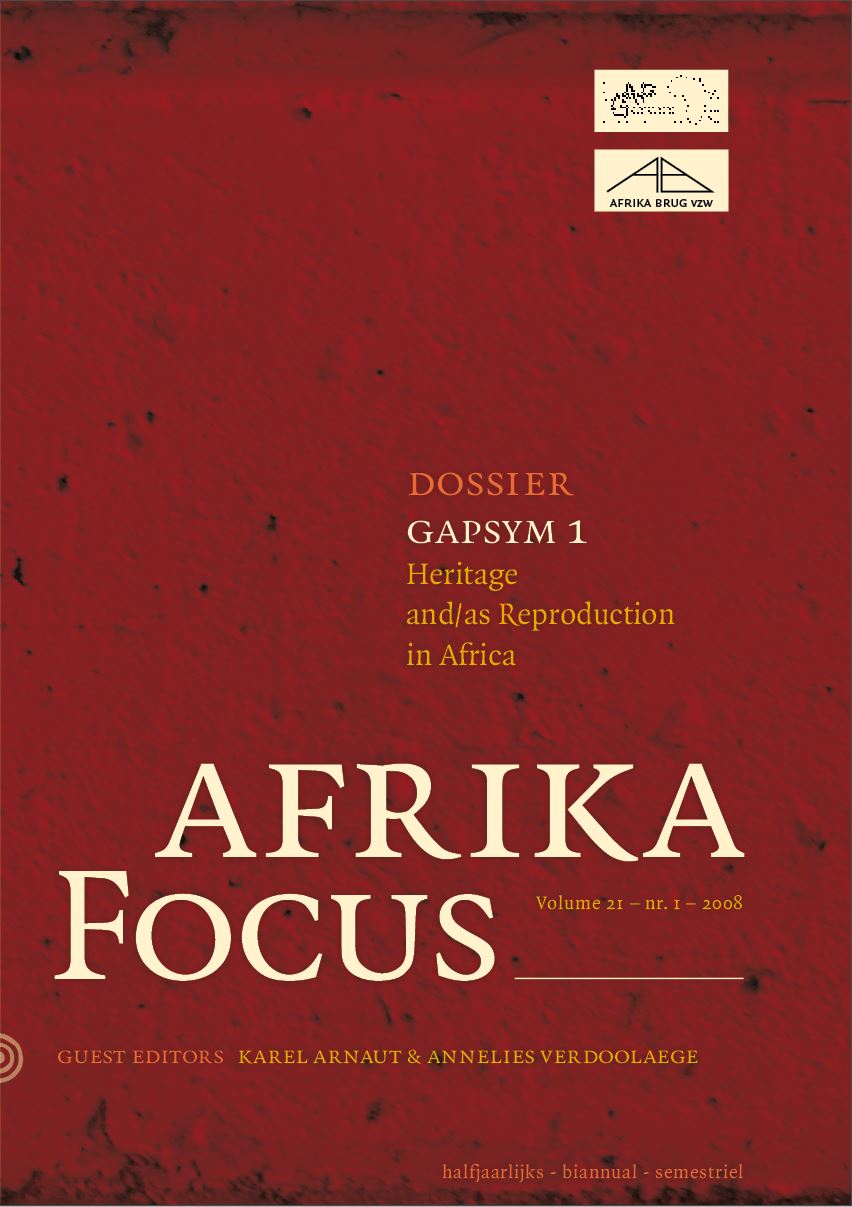Reducing HIV/AIDS in young people in Sub-Sahara Africa: gaps in research and the role of theory
DOI:
https://doi.org/10.21825/af.v21i1.5053Abstract
This paper discusses the role of education in preventing HIV in children and young people in sub-Sahara Africa and presents the results of policy advisory research conducted on behalf of the Belgian Development Cooperation. The research consisted of a literature review and a field study in Rwanda. Relative to the high number of HIV prevention activities in sub-Sahara Africa, there is a limited number of scientific data on HIV risk reduction interventions for young people in this region. Longitudinal studies are especially scarce. Preliminary results show that many in- terventions have only a marginal impact on reducing sexual risk behaviour. Factors influencing programme effectiveness include the consistency and accuracy of messages and information, the provision of life-skills, social support and access to contraceptives, the intensity and duration of the programme, the training of the facilitators and the age of the target population. The HIV/ AIDS pandemic has a potentially devastating impact on the education sector. Because few countries have monitoring systems in place that quantify the absenteeism, morbidity and mortality of teachers and students infected with or affected by HIV/AIDS, there is only anecdotal evidence available for illustrating this impact. The final section discusses the current gaps in research and the important role of theory in increasing the impact and improving the evaluations of HIV/AIDS education interventions. Key words: HIV/AIDS prevention, Adolescents, Sub-Sahara Africa, Behavioural change theories, EvaluationDownloads
Published
How to Cite
Issue
Section
License
Authors who publish with this journal agree to the following terms
Authors retain copyright and grant the journal right of first publication with the work simultaneously licensed under a Creative Commons Attribution License that allows others to share the work with an acknowledgement of the work's authorship and initial publication in this journal.
Authors are able to enter into separate, additional contractual arrangements for the non-exclusive distribution of the journal's published version of the work (e.g., post it to an institutional repository or publish it in a book), with an acknowledgement of its initial publication in this journal.
Authors are permitted and encouraged to post their work online (e.g., in institutional repositories or on their website) prior to and during the submission process, as it can lead to productive exchanges, as well as earlier and greater citation of published work (See The Effect of Open Access).


